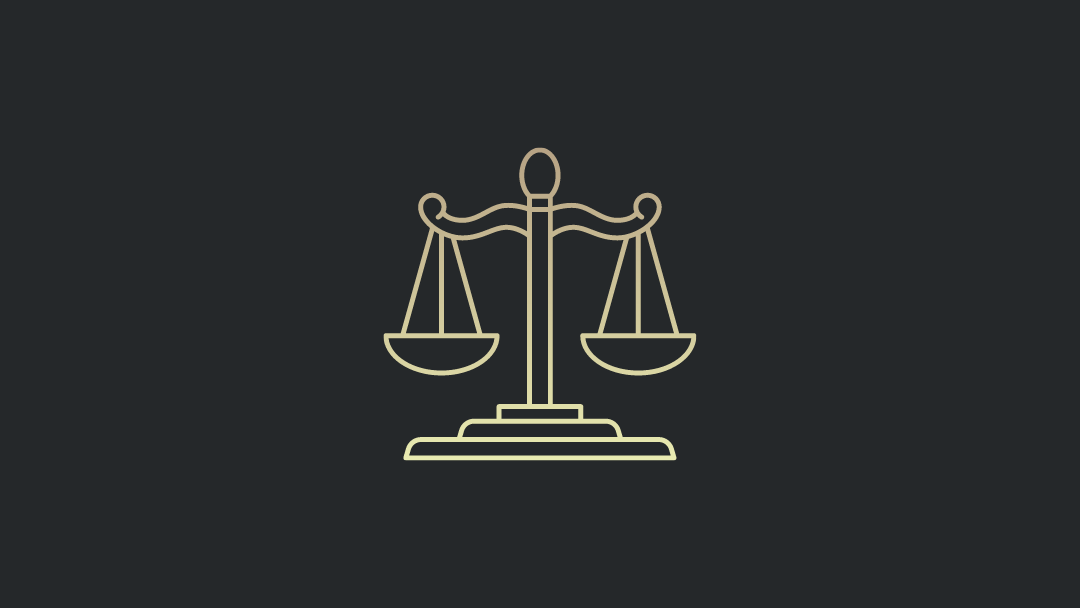On Monday 20 February 2023, New South Wales’ fourth specialist drug court opened in Dubbo, joining those in Sydney CBD, Parramatta, and Toronto in the Hunter region. The purpose of the specialist drug court is to prioritise intensive treatment and rehabilitation of drug-dependent offenders rather than prison.
The drug court serves as a type of suspended sentence and each participant’s program is individually tailored to address their specific needs. The program provides treatment options such as: abstinence, methadone and buprenorphine program which can be conducted either in the community or in residential rehabilitation facilities. The program also requires its participants to submit to regular drug testing, attend court dates for review and engage with justice and health providers as determined by the court.
The drug court intervention program in Dubbo will host up to 80 willing drug-dependent adult offenders in the Dubbo local government area who have pleaded guilty to charges that would otherwise likely see them facing a term of imprisonment. Any offender who faces the Local Court or District Court of New South Wales in Dubbo who appear to the meet the Drug Court eligibility criteria must be referred to the Drug Court for assessment. Following initial assessment, an offender may be allocated a place in the Drug court program or they may be excluded from the program because of unwillingness to participate, lack of suitable treatment options or ineligibility.
Not every drug-dependant offender is eligible to participate in the Drug Court program. A person is not eligible if:
- they have been charged with an offence involving violent conduct;
- they charged with a sexual offence or serious indictable drug offences punishable under the Drug Misuse and Trafficking Act 1985 (NSW); or
- they suffer from a mental condition which could prevent or restrict their participation in the program; and
- previous participants and previously refused participants of the program may also be ineligible.
The expansion of the Drug Court program comes after years of stakeholder advocacy and was a recommendation following numerous investigations including the 2018 inquiry into drug rehabilitation services in regional, rural and remote areas, a 2020 inquiry into drug use and a 2020 inquiry regarding high level of First Nations people in custody and oversight and review of deaths in custody.
The court program is proven to have a positive long-term effect on offender recidivism. 2020 research conducted jointly by NSW Bureau of Crime and Statistics and Research (BOSCAR) and the National Drug and Alcohol Research Centre (NDARC) found that offenders who successfully participated in the program had a 17% lower reoffending rate than those who were not in the program. The research showed that these participants also took 22% longer to commit a further offence against the person. These statistics are significant when considered in context of the participant’s often having lengthy criminal histories and numerous interactions with the criminal justice system.

